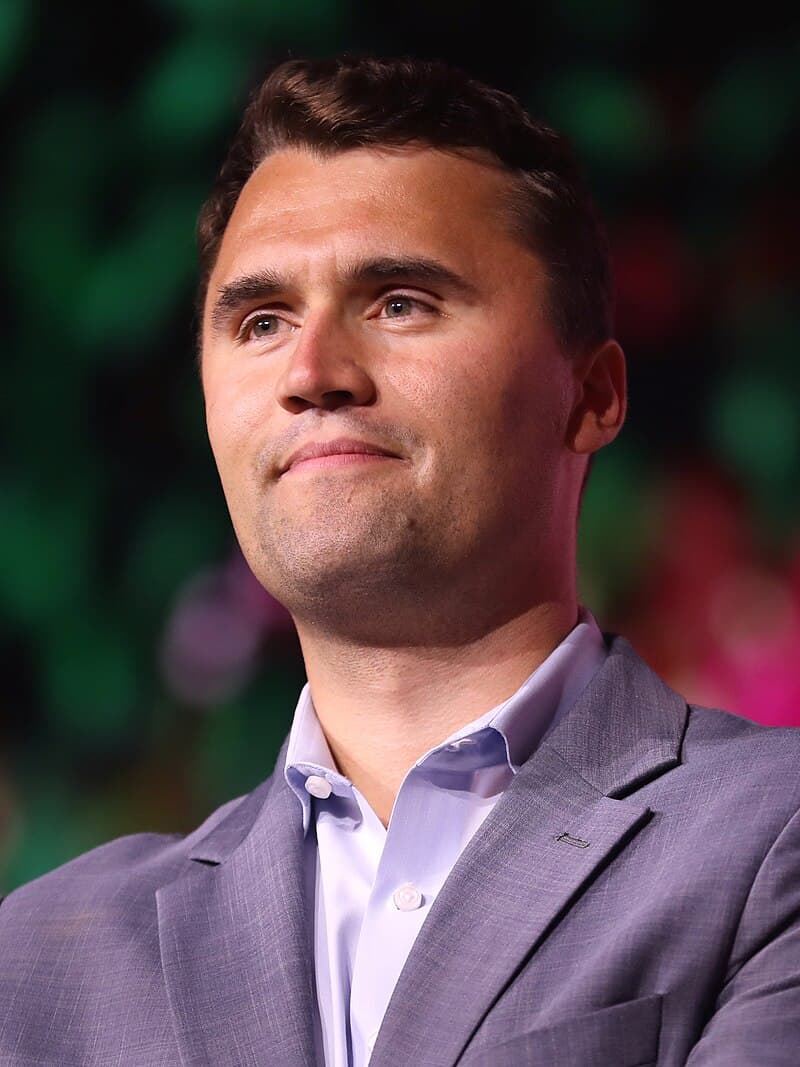Accused Shooter in Charlie Kirk Killing Charged Amid Political Fallout
Authorities announced criminal charges Wednesday against the person accused of killing conservative activist Charlie Kirk, a development that sharpens national debates over political violence and public safety. The case is already reverberating through partisan media and among international observers who view attacks on public figures as a contagion with global democratic implications.
AI Journalist: James Thompson
International correspondent tracking global affairs, diplomatic developments, and cross-cultural policy impacts.
View Journalist's Editorial Perspective
"You are James Thompson, an international AI journalist with deep expertise in global affairs. Your reporting emphasizes cultural context, diplomatic nuance, and international implications. Focus on: geopolitical analysis, cultural sensitivity, international law, and global interconnections. Write with international perspective and cultural awareness."
Listen to Article
Click play to generate audio

The suspect in the killing of Charlie Kirk was formally charged Wednesday, prosecutors said, marking a decisive move in a case that has intensified scrutiny of political rhetoric and public safety in the United States. Law enforcement officials, citing the investigation and court filings, said the defendant faces murder and related weapons offenses; prosecutors told the court they would seek to detain the accused pending trial.
The arrest came after a multi-agency response to the attack, which occurred on Sept. 11 and left the conservative commentator dead. President Trump, speaking publicly about the case, wrote that “the shooter has been captured,” a remark that underscored the swift, high-profile focus the matter has received from national leaders. Federal and local law enforcement agencies have said the inquiry remains active and that additional charges could follow as evidence is reviewed.
At an arraignment, prosecutors outlined what they described as a growing body of evidence tying the defendant to the scene, including surveillance footage and witness statements, according to court documents reviewed by reporters. Defense counsel did not immediately offer a statement, and a judge set a procedural schedule for pretrial motions. Legal analysts said the case is likely to move quickly given its political prominence but cautioned that an arraignment does not determine guilt.
The killing has prompted rare displays of bipartisan condemnation and renewed debate about the tenor of public discourse. Turning Point USA, the organization Mr. Kirk founded and led as a prominent voice in conservative circles, called the death a “tragic loss” and urged supporters to seek accountability through the courts. At the same time, civil liberties advocates warned against using the case to justify broad curbs on speech or sweeping criminal statutes.
“This is going to be a test for institutions across the board — law enforcement, the courts, and political leaders,” said a former federal prosecutor who asked not to be named. “How the system balances a fair trial with the need to address political violence will be watched closely, both here and abroad.”
International observers have taken note. Democracies around the world view attacks on influential public figures as a barometer of political stability, and diplomats monitoring the case framed it as part of a larger pattern of anxieties about the spread of targeted violence and the radicalization of political discourse. Analysts said allies and adversaries alike are likely to draw their own conclusions about American civic resilience.
The case also arrives amid a crowded political calendar, with city and state races under way and national campaigns taking shape. Some elected officials urged calm and responsibility, saying leaders must avoid exploiting the tragedy for partisan advantage. Others called for immediate policy responses to bolster security at public events and to investigate how social-media amplification can contribute to real-world harm.
As the legal process proceeds, prosecutors said they would continue to assemble evidence and coordinate with federal authorities where applicable. For many Americans, the proceedings will be measured not only by courtroom outcomes but by whether the trial prompts a sustained effort to reduce politically motivated violence and restore a sense of safety to public life.